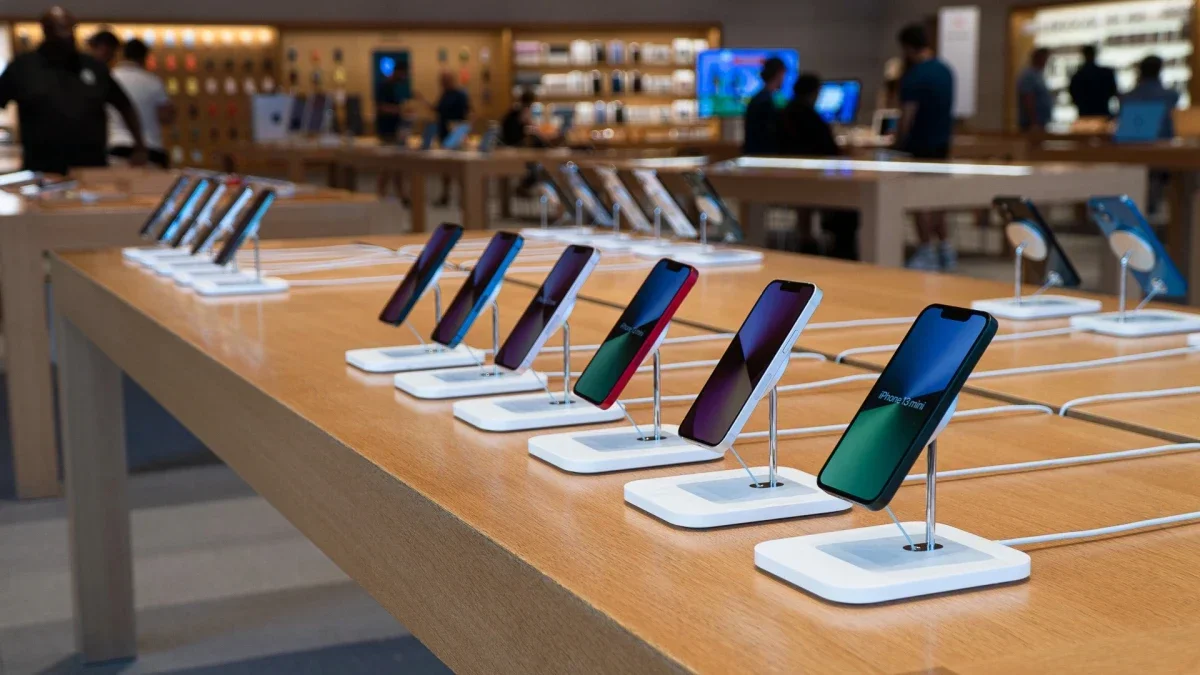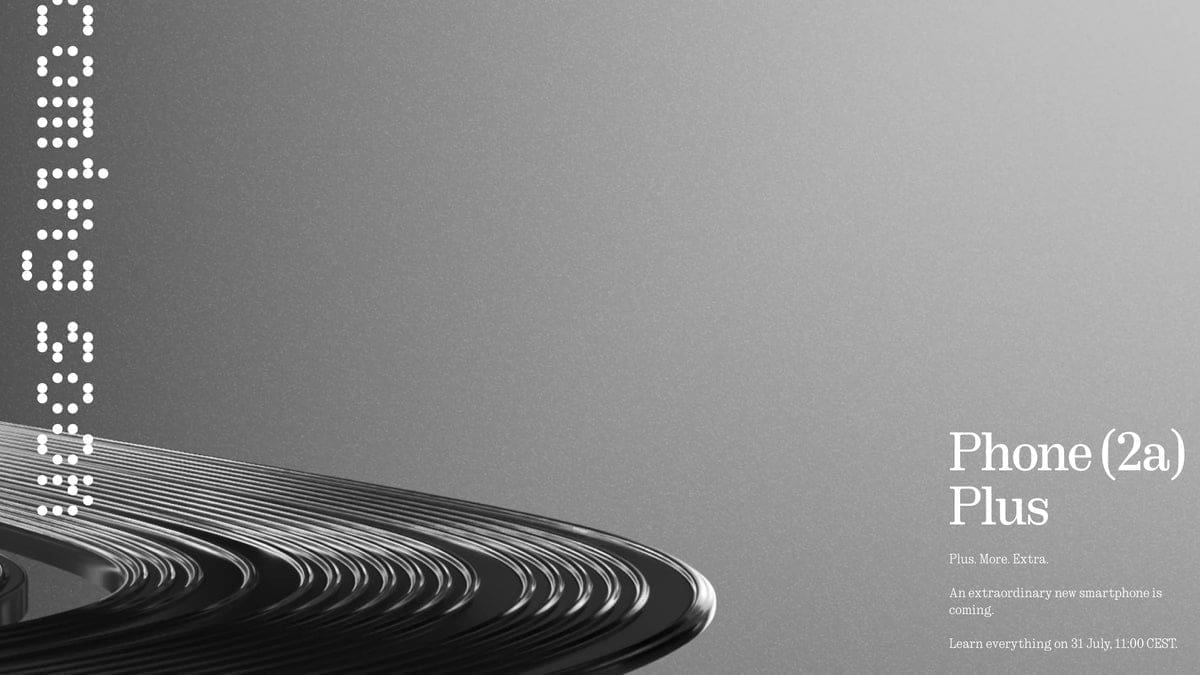The European Union has granted Apple a temporary reprieve by not designating iMessage as a “gatekeeper.” This means that Apple is not currently required to support the competing Rich Communication Service (RCS) messaging system on iOS. RCS, used by Google’s Android messaging app, offers similar features to iMessage such as expanded messaging capacity, high-quality imaging and video, end-to-end encryption, read receipts, and typing indicators, but only for RCS users.
Under the EU’s Digital Markets Act (DMA), Apple would have been forced to support RCS in the 27 member countries if iMessage was considered a gatekeeper. However, iMessage was not included in this category. Instead, Apple’s App Store, Safari browser, and iOS were designated as gatekeepers. Other services such as Google Maps, Google Play, Google Shopping, Chrome, Android, YouTube, Google Search, and Google Ads were also classified as gatekeepers.
It’s important to note that this reprieve for iMessage may be temporary. Apple will still be under scrutiny as iMessage is one of four core services being considered for gatekeeper designation. The other three services are all Microsoft businesses: Bing search, the Edge browser, and the company’s advertising business. The EU is expected to make a final decision on these services in the next five months.
If iMessage is eventually deemed a gatekeeper, Apple will have until August 2024 to make the necessary changes. However, any changes would likely only apply to iPhone units used in the EU member countries. Apple argues that iMessage does not meet the requirements of a gatekeeper, specifically the criteria of having 45 million monthly active users.
Google has been pushing Apple to support RCS in order to eliminate the disparity between Android and iOS users in group chats. Currently, Android users may feel singled out with “green bubbles” when using iMessage, as they miss out on some features. The same occurs when an iOS user joins a chat previously consisting of only Android users using RCS-based messaging platforms.
Companies that fail to comply with the DMA can face fines up to 10% of their annual revenue, with repeat offenders potentially facing fines up to 20%. Based on Apple’s fiscal 2022 revenue, it could potentially face a fine of up to $36 billion if it does not meet the DMA requirements.








